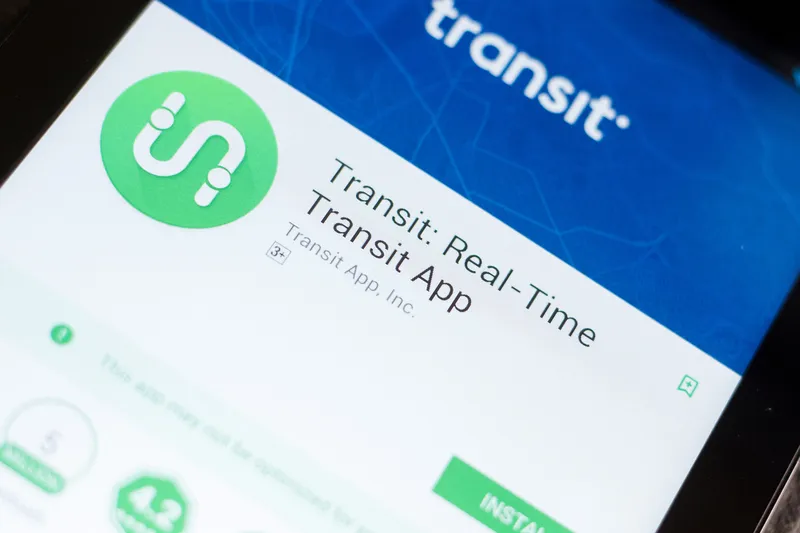A new report from Juniper Research has found that 13 per cent of North American and Western European mobile users will use their NFC-enabled mobile phone as a metro rail or bus ticket by 2016, compared with less than one per cent today.
March 13, 2012
Read time: 2 mins
A new report from 7194 Juniper Research has found that 13 per cent of North American and Western European mobile users will use their NFC-enabled mobile phone as a metro rail or bus ticket by 2016, compared with less than one per cent today. Worldwide, mobile users are now beginning to adopt mobile tickets as an integrated part of their mobile lifestyle, whether for airline, road or rail transport, sporting or entertainment event access.
The report found that, while mobile tickets of all types are growing in popularity, the ability to tap an NFC phone containing a mobile ticket against an entrance gate has tremendous user appeal. For operators, a mobile phone ticket also provides new marketing and sales opportunities previously not available using paper or contactless smartcard tickets.
"NFC mobile ticketing is still in its early stages, but it holds great promise across the entire mobile ticketing market,” said report author David Snow. “Metro ticketing is leading the way as an NFC ticket is a natural evolution from a contactless transport card and can leverage the existing infrastructure. Add to this the option of simultaneous payment and you have created a compelling user experience.”
Other findings from the report predict that worldwide mobile ticketing transactions are set to quadruple to 23 billion by 2016, while by by 2016, NFC mobile tickets will represent more than 50 per cent of all mobile ticketing revenue.
The Mobile Ticketing whitepaper is available to download from the Juniper website together with further details of the study ‘Mobile Ticketing Evolution: NFC, Forecasts & Markets 2012-2016’.
The report found that, while mobile tickets of all types are growing in popularity, the ability to tap an NFC phone containing a mobile ticket against an entrance gate has tremendous user appeal. For operators, a mobile phone ticket also provides new marketing and sales opportunities previously not available using paper or contactless smartcard tickets.
"NFC mobile ticketing is still in its early stages, but it holds great promise across the entire mobile ticketing market,” said report author David Snow. “Metro ticketing is leading the way as an NFC ticket is a natural evolution from a contactless transport card and can leverage the existing infrastructure. Add to this the option of simultaneous payment and you have created a compelling user experience.”
Other findings from the report predict that worldwide mobile ticketing transactions are set to quadruple to 23 billion by 2016, while by by 2016, NFC mobile tickets will represent more than 50 per cent of all mobile ticketing revenue.
The Mobile Ticketing whitepaper is available to download from the Juniper website together with further details of the study ‘Mobile Ticketing Evolution: NFC, Forecasts & Markets 2012-2016’.








